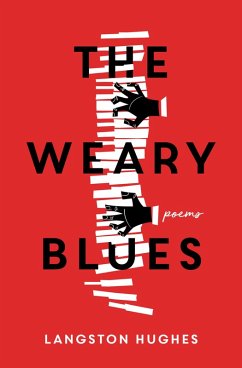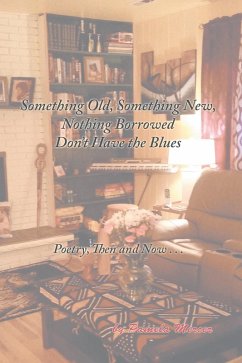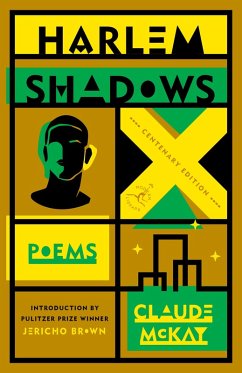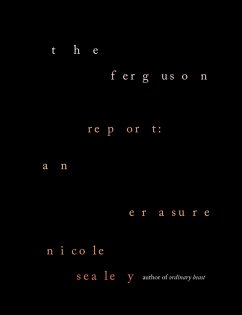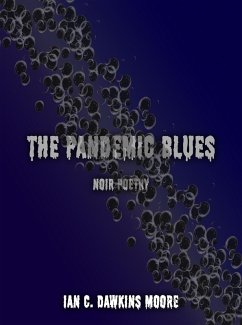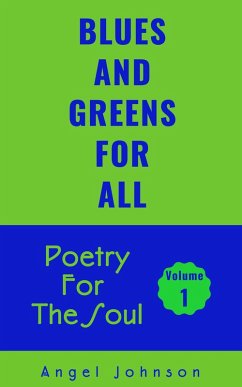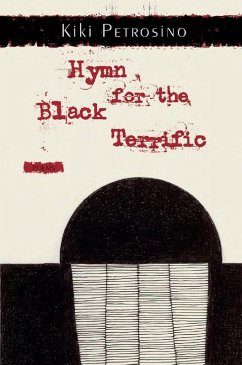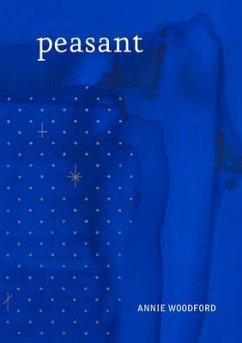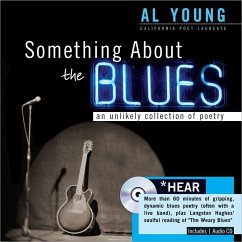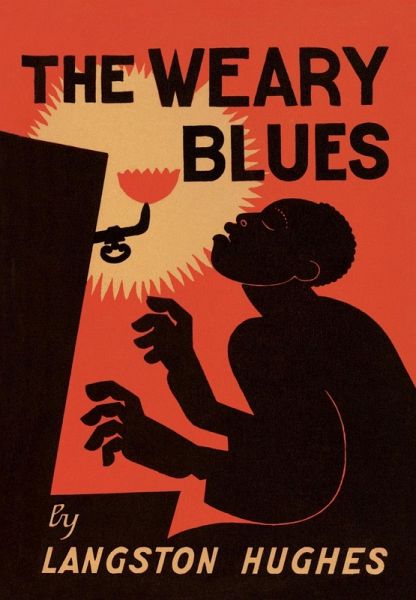
The Weary Blues (eBook, ePUB)

PAYBACK Punkte
3 °P sammeln!
This celebratory edition of the classic poetry collection reminds us of Hughes's stunning achievement, speaking directly, intimately, and powerfully of Black experiences at a time when Black voices were newly being heard in American literature. • With an introduction by poet Kevin Young. Beginning with the opening "Proem" (prologue poem) Huges writes, "I am a Negro: / Black as the night is black, / Black like the depths of my Africa." As the legendary Carl Van Vechten wrote in a brief introduction to the original 1926 edition, "His cabaret songs throb with the true jazz rhythm; his sea-pi...
This celebratory edition of the classic poetry collection reminds us of Hughes's stunning achievement, speaking directly, intimately, and powerfully of Black experiences at a time when Black voices were newly being heard in American literature. • With an introduction by poet Kevin Young. Beginning with the opening "Proem" (prologue poem) Huges writes, "I am a Negro: / Black as the night is black, / Black like the depths of my Africa." As the legendary Carl Van Vechten wrote in a brief introduction to the original 1926 edition, "His cabaret songs throb with the true jazz rhythm; his sea-pieces ache with a calm, melancholy lyricism; he cries bitterly from the heart of his race...Always, however, his stanzas are subjective, personal," and, he concludes, they are the expression of "an essentially sensitive and subtly illusive nature." That illusive nature darts among these early lines and begins to reveal itself, with precocious confidence and clarity. In a new introduction to the work, the poet and editor Kevin Young suggests that Hughes, who was 24 at the time of the original publication, from this very first moment is "celebrating, critiquing, and completing the American dream," and that he manages to take Walt Whitman's American "I" and write himself into it. We find here not only such classics as "The Negro Speaks of Rivers" and the great twentieth-century anthem that begins "I, too, sing America," but also the poet's shorter lyrics and fancies, which dream just as deeply. "Bring me all of your / Heart melodies," the young Hughes offers, "That I may wrap them / In a blue cloud-cloth / Away from the too-rough fingers / Of the world."
Dieser Download kann aus rechtlichen Gründen nur mit Rechnungsadresse in A, B, BG, CZ, D, DK, EW, E, FIN, F, GR, HR, H, I, LT, L, LR, NL, PL, P, R, S, SLO, SK ausgeliefert werden.




